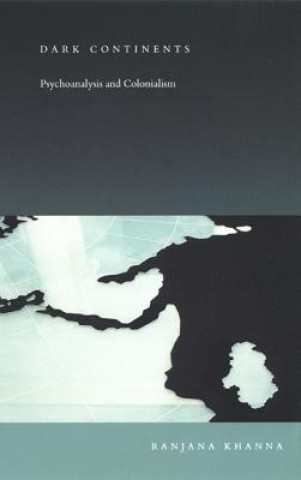
Kód: 04937749
Dark Continents
Autor Ranjana Khanna
"Dark Continents" argues that psychoanalysis is a colonial discipline that paradoxically provides crucial tools for critiques of postcolonialism and neocolonialism. Ranjana Khanna reveals how the concept of the self that emerged i ... celý popis
- Jazyk:
 Angličtina
Angličtina - Vazba: Brožovaná
- Počet stran: 328
Nakladatelství: Duke University Press, 2003
- Více informací o knize

Mohlo by se vám také líbit
-

Greeks
1047 Kč -

Critical Pedagogy in Uncertain Times
862 Kč -

Women on the Defensive
740 Kč -

Cristobal de Morales
3215 Kč -

Machine Learning in Bioinformatics
4383 Kč -

Berggruen Collection
358 Kč
Darujte tuto knihu ještě dnes
- Objednejte knihu a zvolte Zaslat jako dárek.
- Obratem obdržíte darovací poukaz na knihu, který můžete ihned předat obdarovanému.
- Knihu zašleme na adresu obdarovaného, o nic se nestaráte.
Více informací o knize Dark Continents
Nákupem získáte 93 bodů
 Anotace knihy
Anotace knihy
"Dark Continents" argues that psychoanalysis is a colonial discipline that paradoxically provides crucial tools for critiques of postcolonialism and neocolonialism. Ranjana Khanna reveals how the concept of the self that emerged in psychoanalytic theory, even in its many post-Freudian variations, developed in relation to the concept of the European nation-state. She contends that understanding colonialism's role in the formation of psychoanalysis enables the insight that the nation-state was constituted through the colonial relation and, indeed, must be radically reshaped if it is to survive without colonies. She shows how psychoanalysis helps to explain the melancholia imperialism created among both colonizers and the colonized. Positing that issues of ethics and feminism ultimately lie at the heart of the connections between colonialism and psychoanalysis, Khanna assesses the merits of various models of nationalism, psychoanalysis, and colonialism for a transnational feminist ethics. Khanna traces the development and deployment of psychoanalysis-particularly its relationship to colonial projects-from its beginnings in the late nineteenth century up to the present. Illuminating Freud's debt to the languages of archaeology and anthropology alongside the development of his career, the collapse of the Habsburg empire, and the Nazi occupation of Vienna, she shows how Freud altered his theories of the ego as his own political status changed. Khanna looks at how psychoanalytic theory was taken up in the metropole and colonies in the period of decolonization following World War II, focusing on its use by a range of writers including Sartre, Octave Mannoni, Aime and Suzanne Cesaire, Rene Menil, Frantz Fanon, and Albert Memmi. She points out that it was through Sartre's and Mannoni's work that the contingency of the European nation-state first came into view. Given the masculinist nature of many of these writers' thought, Khanna focuses on the necessity of a feminist critique of psychoanalytic theory.
 Parametry knihy
Parametry knihy
Zařazení knihy Knihy v angličtině Society & social sciences Psychology Psychological theory & schools of thought
932 Kč
- Plný název: Dark Continents
- Podnázev: Psychoanalysis and Colonialism
- Autor: Ranjana Khanna
- Jazyk:
 Angličtina
Angličtina - Vazba: Brožovaná
- Počet stran: 328
- EAN: 9780822330677
- ISBN: 0822330679
- ID: 04937749
- Nakladatelství: Duke University Press
- Hmotnost: 462 g
- Rozměry: 149 × 235 × 25 mm
- Datum vydání: 22. April 2003
Oblíbené z jiného soudku
-

The Empathy Game
607 Kč -

Red Book
6053 Kč -

A General Introduction to Psychoanalysis
130 Kč -

Inner Gold
524 Kč -
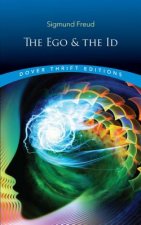
Ego and the Id
94 Kč -

Man's Search for Meaning, Gift Edition
570 Kč -

Secret World of Drawings
517 Kč -

Psychoanalytic Diagnosis
1213 Kč -

Situation Is Hopeless But Not Serious
402 Kč -

Analysis, Repair and Individuation
1889 Kč -

Dark Side of the Inner Child
585 Kč -
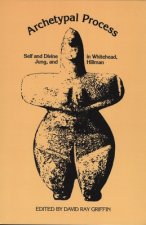
Archetypal Process
1031 Kč -
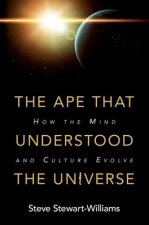
Ape that Understood the Universe
637 Kč -
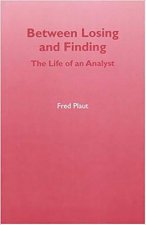
Between Losing and Finding
840 Kč -

Four Archetypes
574 Kč -

Threshold Experiences
970 Kč -
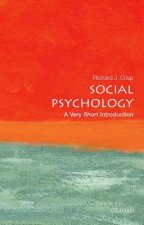
Social Psychology: A Very Short Introduction
282 Kč -

Behave
334 Kč -
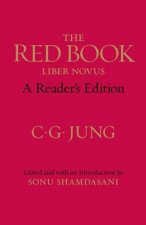
The Red Book – A Reader`s Edition
948 Kč -

Emotional Intelligence
260 Kč -
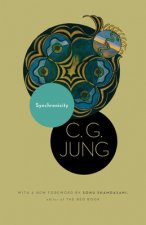
Synchronicity – An Acausal Connecting Principle
314 Kč -
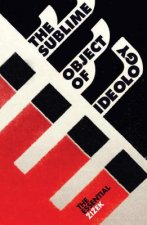
The Sublime Object of Ideology
457 Kč -

Memories, Dreams, Reflections
324 Kč -

Make It Stick
826 Kč -

Civilization and Its Discontents
250 Kč -

Choice Factory
410 Kč -
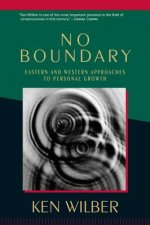
No Boundary
379 Kč -

Problem of the Puer Aeternus
632 Kč -
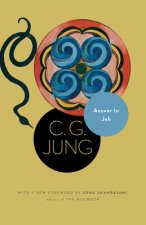
Answer to Job
223 Kč -

Carl Jung: Wounded Healer of the Soul
678 Kč -

Psychoanalyst Meets Marina Abramovic
481 Kč -
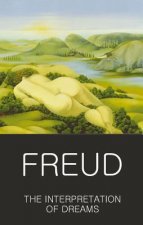
The Interpretation of Dreams
146 Kč -
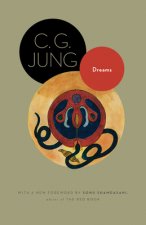
Dreams
554 Kč -
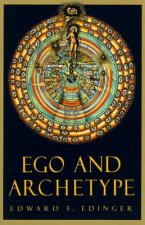
Ego and Archetype
853 Kč -
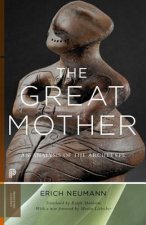
Great Mother
688 Kč -

How To Read Lacan
303 Kč -

Integral Psychology
603 Kč -
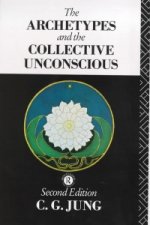
Archetypes and the Collective Unconscious
1495 Kč -

Freud and Beyond
597 Kč -

Home is Where We Start from
357 Kč -
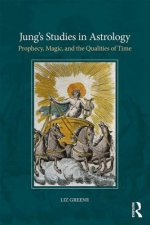
Jung's Studies in Astrology
1300 Kč -
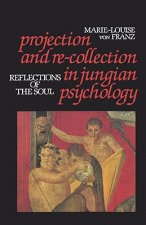
Projection and Re-collection in Jungian Psychology
779 Kč -

Dreams
482 Kč -

Beyond the Pleasure Principle
357 Kč -

Red Book of C.G. Jung
998 Kč -

Quantum Mind
792 Kč -

Ecrits
761 Kč -
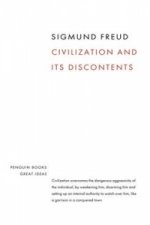
Civilization and its Discontents
185 Kč -

Why We Buy
393 Kč
Osobní odběr Praha, Brno a 12903 dalších
Copyright ©2008-24 nejlevnejsi-knihy.cz Všechna práva vyhrazenaSoukromíCookies



 Vrácení do měsíce
Vrácení do měsíce 571 999 099 (8-15.30h)
571 999 099 (8-15.30h)